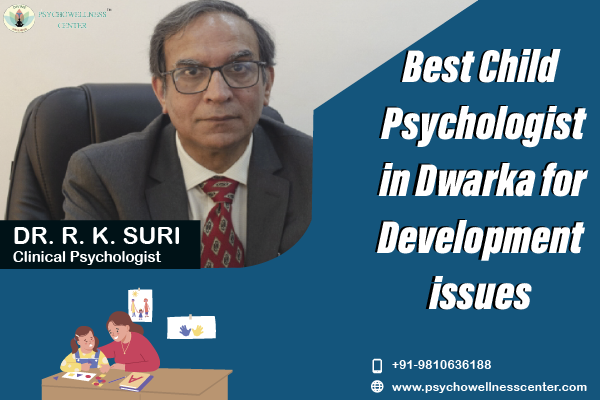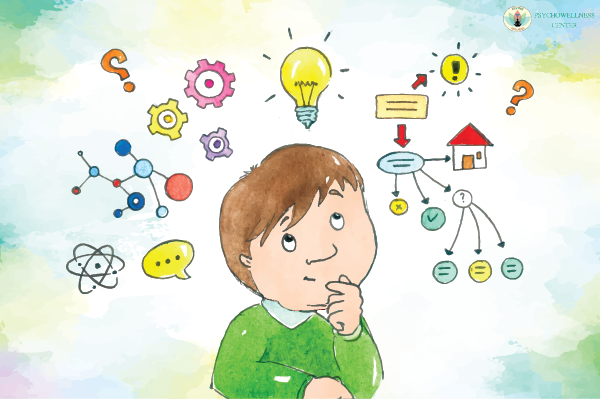Overcoming Self limiting Beliefs to Improve Mental Strength

Beliefs are like a maze inside our heads; they may be liberating and confining, influencing our thoughts and behaviors. Some beliefs help us advance, but others serve as unseen restraints that limit our potential and impede our development. These self-limiting ideas can create strong obstacles to our mental health and well-being since they are frequently deeply rooted in our memories from the past or social training. However, in the middle of this internal conflict, there is a route to freedom—a path of self-awareness and metamorphosis. Building mental resilience begins with recognising and challenging these self-limiting beliefs. It necessitates a brave journey into our inner world, removing the knotted webs of ideas and preconceptions that impede us. Accepting this path opens the door to significant personal development and empowerment.
Strategies for overcoming self-limiting beliefs
Identifying Self-limiting Beliefs: The compass for navigating the terrain of our beliefs is self-awareness. By engaging in reflective techniques like journaling, mindfulness, or introspective exercises, we might identify the beliefs that limit our potential and self-assurance. These ideas frequently appear doubtful, fearful, or self-critical internal monologues.
Challenging Negative Thought Patterns: It is essential to challenge these negative thought patterns as soon as they are recognized. Cognitive-behavioural methods provide useful ways to reframe erroneous ideas since they are based on the idea that thoughts affect feelings and behaviours. People can develop a more logical and powerful attitude by investigating the data confirming or contradicting their ideas.
Embracing Growth Mindset: According to psychologist Carol Dweck, adopting a growth mindset promotes resilience in the face of adversity. This way of thinking views setbacks as chances for improvement and learning rather than as judgments of one's skills. People can rewire their neural connections and cultivate a mentality that is favourable to personal development by using affirmations, visualization, and goal-setting techniques.
Healing Trauma and Past Wounds: Self-limiting ideas are frequently the result of unresolved Trauma or prior events. There are ways to process and integrate these experiences through therapeutic modalities like psychotherapy, especially with techniques like Eye Movement Desensitisation and Reprocessing (EMDR) or story therapy. People can free themselves from the hold of traumatic memories and create a new story of empowerment and resilience by going back and reinterpreting earlier tales.
Cultivating Self-Compassion: The practice of self-compassion is essential to overcoming self-limiting ideas. Self-compassion promotes kindness and understanding towards oneself, especially in times of struggle or failure, as opposed to harsh self-judgment. Self-compassion exercises, guided meditations, and mindfulness-based interventions all promote a loving relationship with oneself, which strengthens self-worth and mental toughness.
Building Supportive Networks: Having a supporting network of relationships is essential for developing mental resilience. Social support mitigates the isolating impact of self-limiting ideas by offering perspective, encouragement, and validation. When negotiating this life-changing experience, peer support groups, mentorship partnerships, and obtaining advice from reliable folks can be extremely helpful.
Different therapeutic techniques can be effective tools for resolving beliefs that limit oneself and fostering mental Resilience. One pillar is Cognitive-behavioral therapy (CBT), which provides useful methods for reframing and challenging erroneous thought processes. Through the identification of detrimental beliefs and their replacement with more adaptive ones, people can grow in their sense of empowerment and self-efficacy. Furthermore, therapies that promote a deeper understanding of one's thoughts and emotions include Acceptance and Commitment Therapy (ACT) and Mindfulness-Based Interventions. These approaches offer opportunities for developing acceptance, resilience, and present-moment awareness. Specialized methods for changing personal narratives and processing past traumas are provided by other therapies like EMDR and narrative therapy, which promote significant healing and transformation. People can go on a journey of self-discovery, break free from self-limiting ideas, and cultivate mental power and well-being by integrating these therapeutic approaches.
Conclusion
The availability of mental health services has increased dramatically in the Internet age, providing outlets for advice and assistance. Online counselling platforms enable people to start their journey towards mental resilience from the comfort of their homes by giving them easy access to licensed therapists discreetly and conveniently. Furthermore, getting advice from the Best psychologist delhi in India, who are well-known for their knowledge and commitment to mental health, provides a road map for negotiating the challenges of personal development and self-discovery.
Accepting the path of dispelling self-limiting ideas requires a great deal of bravery and self-compassion. It is evidence of the human spirit's tenacity, overcoming the limitations of prior training to welcome an empowering and possibility-filled future. By dissecting our beliefs, we open the door to genuine self-expression, inner serenity, and a life filled with meaning and purpose.
You may make an appointment with well-known professional psychologists and obtain mental health counseling at the Psychowellness Centre, which has locations in Delhi NCR, NOIDA, Faridabad, Janakpuri, Dwarka, and Vasant Vihar.
Contribution:- Dr. R K Suri, Clinical psychologist and well-known life coach at TalktoAngel, and Mr. Nicole Fernandes, Counseling psychologist, He offers expert guidance and coaching to help individuals achieve their personal and professional goals.




SHARE